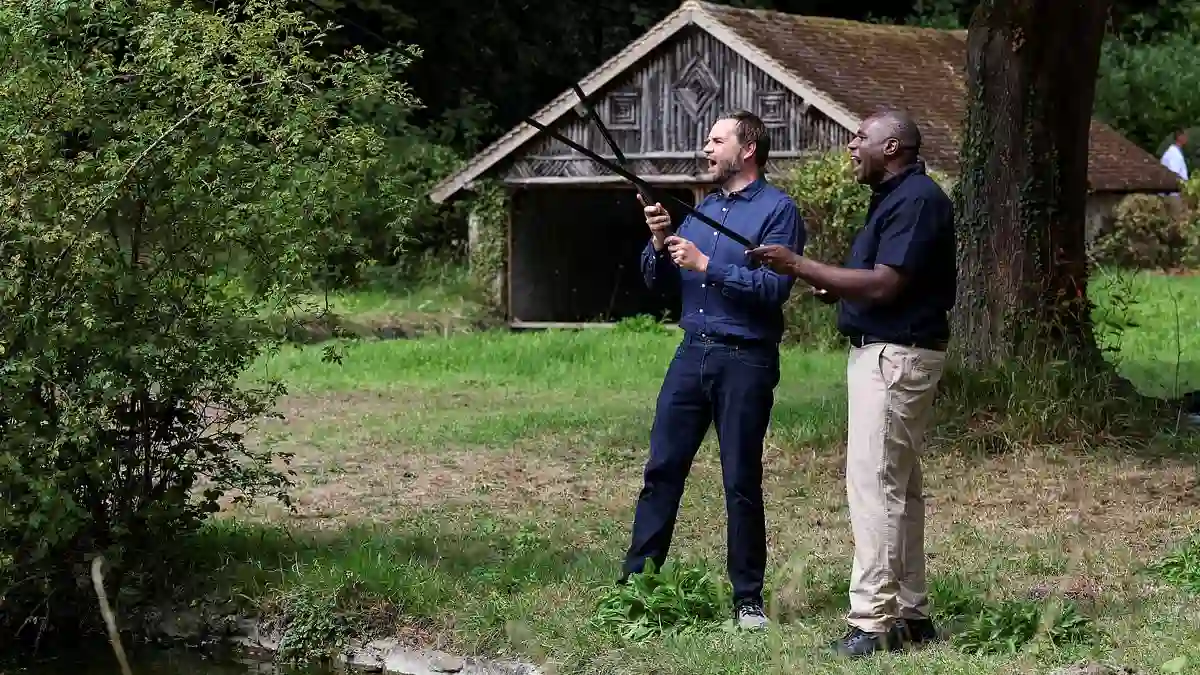This week has been a reminder that symbols matter. Across towns and cities in England, the sight of St George and Union flags fluttering proudly tells a story about our shared history, freedoms, and identity.
Yet, while some celebrate this display of national pride, others in positions of authority seem intent on diminishing it.
Councils Are Sending the Wrong Message
In several Labour-run councils, English flags have been removed while banners from other countries or political causes remain untouched.
This isn’t just about enforcing local rules — it’s selective enforcement that speaks louder than any by-law.
Officials who ignore violations for certain flags but act swiftly against English symbols are showing where their priorities lie.
Figures like Labour MP Emily Thornberry and others treat England’s flag with disdain, while some ministers appear to follow the instructions of party staff rather than listen to public sentiment.
Yet there is nothing extreme or racist about being proud of the country you call home, regardless of background.
Civic Pride Should Be Encouraged
Pride in England, like pride in Scotland or Wales, should be celebrated.
Local and national symbols unite communities, and embracing them doesn’t diminish diversity — it strengthens it.
Recent displays of flags reflect a desire for cultural acknowledgment after years where patriotism has often been politicized or portrayed as suspect.
Take, for example, a Warwickshire school where a 12-year-old wearing a Union flag dress to represent her heritage was sent home, while in Birmingham, the city projected the colours of Pakistan and India onto public buildings.
This kind of selective celebration sends a message that English identity is less valued.
Symbolism vs. Politics
Councils have long blurred the line between civic representation and political messaging.
Buildings lit in tribute to George Floyd, or flying the updated Pride flag without authorisation, show where their focus lies.
Yet when it comes to English flags, action is swift — sometimes even requiring police assistance to enforce removal.
The English flag, unlike the Saltire in Scotland or the Red Dragon in Wales, has been treated as controversial for far too long.
The St George flag predates the Union flag and stands for centuries of shared history.
Suppressing it does not promote inclusivity; it divides communities and sends a harmful message, especially to young people from ethnic minorities, that they cannot fully embrace English identity.
Reclaiming Our National Pride
Flying the English flag should never be considered an act of rebellion.
It is a symbol for everyone who lives in and loves England, not a tool for exclusion.
Conservatives are working with councils to ensure that national pride is respected and that local communities feel supported, not alienated.
It’s time to fly our flags high, proudly and openly, and to instill a love of our country in every generation. Patriotism is not divisive — ignoring it or policing it is.



